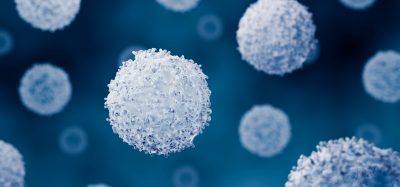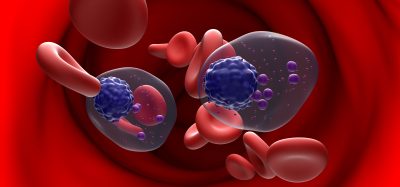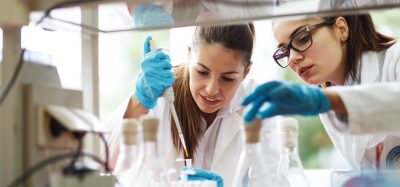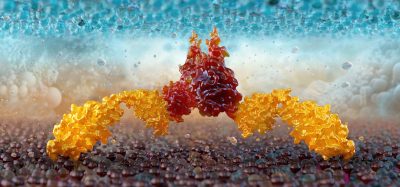iPSC-derived cells can augment remuscularisation of the heart
Posted: 1 November 2023 | Drug Target Review | No comments yet
Researchers have improved the method of regenerating heart muscle after a heart attack using a combination of iPSC-derived cells.
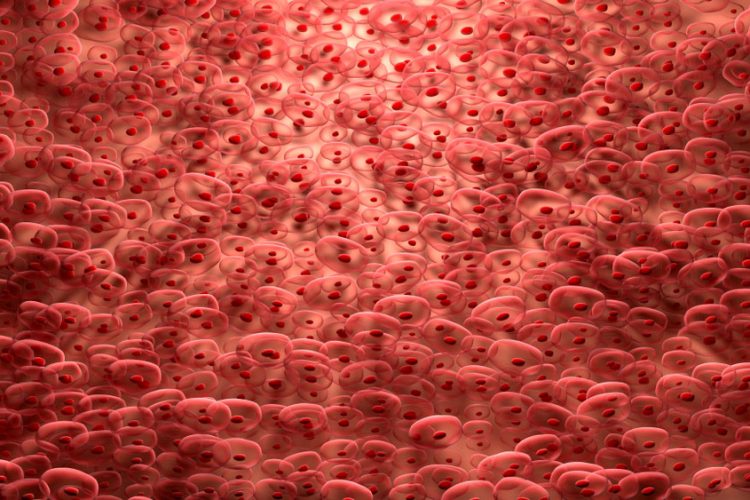

Researchers at the University of Wisconsin–Madison and Academia Sinica of Taiwan have utilised a combination of lab-grown cells to regenerate damaged heart muscle. The study addresses the challenges of using cardiomyocytes, heart muscle cells, grown from stem cells, and is a vital advancement towards future clinical applications.
Previous research has demonstrated that transplanting cardiomyocytes produced from induced pluripotent stem cells (iPSCs) can replace muscle in the hearts of mammals. However, scientists have struggled to bring the treatment to the clinic, partly because the implanted cells have not developed enough life-sustaining blood vessels to survive for long.
To overcome that difficulty, the new study combined the lab-grown cardiomyocytes with stem-cell-derived endothelial cells, the cells that line blood. The combination therapy also may tackle arrhythmia, another considerable problem in heart regeneration with stem-cell-derived cardiomyocytes.
Dr Patrick Hsieh, a researcher with Academia Sinica’s Institute of Biomedical Sciences, said: “Our findings suggest that human iPSC-derived endothelial cells can effectively augment the remuscularisation of the heart by iPSC-derived cardiomyocytes, offering a promising avenue for future clinical applications.” Dr Hsieh conducted the study while working as a visiting professor at the UW–Madison Stem Cell & Regenerative Medicine Center.
To determine the therapeutic effect of co-transplantation in mice and non-human primates undergoing a heart attack, Hsieh and study lead author Dr Yu-Che Cheng collaborated with Tim Kamp, who serves as director of the Stem Cell & Regenerative Medicine Center, as well as a team of researchers at UW–Madison and the Wisconsin National Primate Research Center.
“The main advantage of iPSCs is their ability to be differentiated into many types of cells and serve as a valuable resource for cell therapy,” explained Dr Cheng, Project Manager at Academia Sinica. “In this study, we generated billions of endothelial cells and cardiomyocytes from the same iPSCs line to inject into mice and non-human primates.”
Kamp noted: “The simple idea of the project was to enhance blood flow and promote survival of iPSC-cardiomyocytes using blood vessel-forming endothelial cells.” He added: “But the reality of generating the optimal cell preparations followed by precise delivery to the heart reflects tremendous effort by an international team of collaborators.”
The team hopes further studies will refine their cell transplantation protocols and assess long-term safety and efficacy. Hsieh believes that promising results from these studies would result in clinical trials with human patients with heart disease.
“As a cardiac surgeon now focusing on translational research, the most exciting aspect of this research is the potential to make a meaningful impact on the treatment of heart disease,” Hsieh said. “Witnessing the significant improvements in cardiac function and tissue regeneration resulting from our combined cell therapy approach is both inspiring and promising for the future of cardiovascular medicine.”
The study is published in Circulation.
Related topics
Cell Therapy, Induced Pluripotent Stem Cells (iPSCs)
Related conditions
arrhythmias, Heart attack
Related organisations
Academia Sinica, University of Wisconsin-Madison




